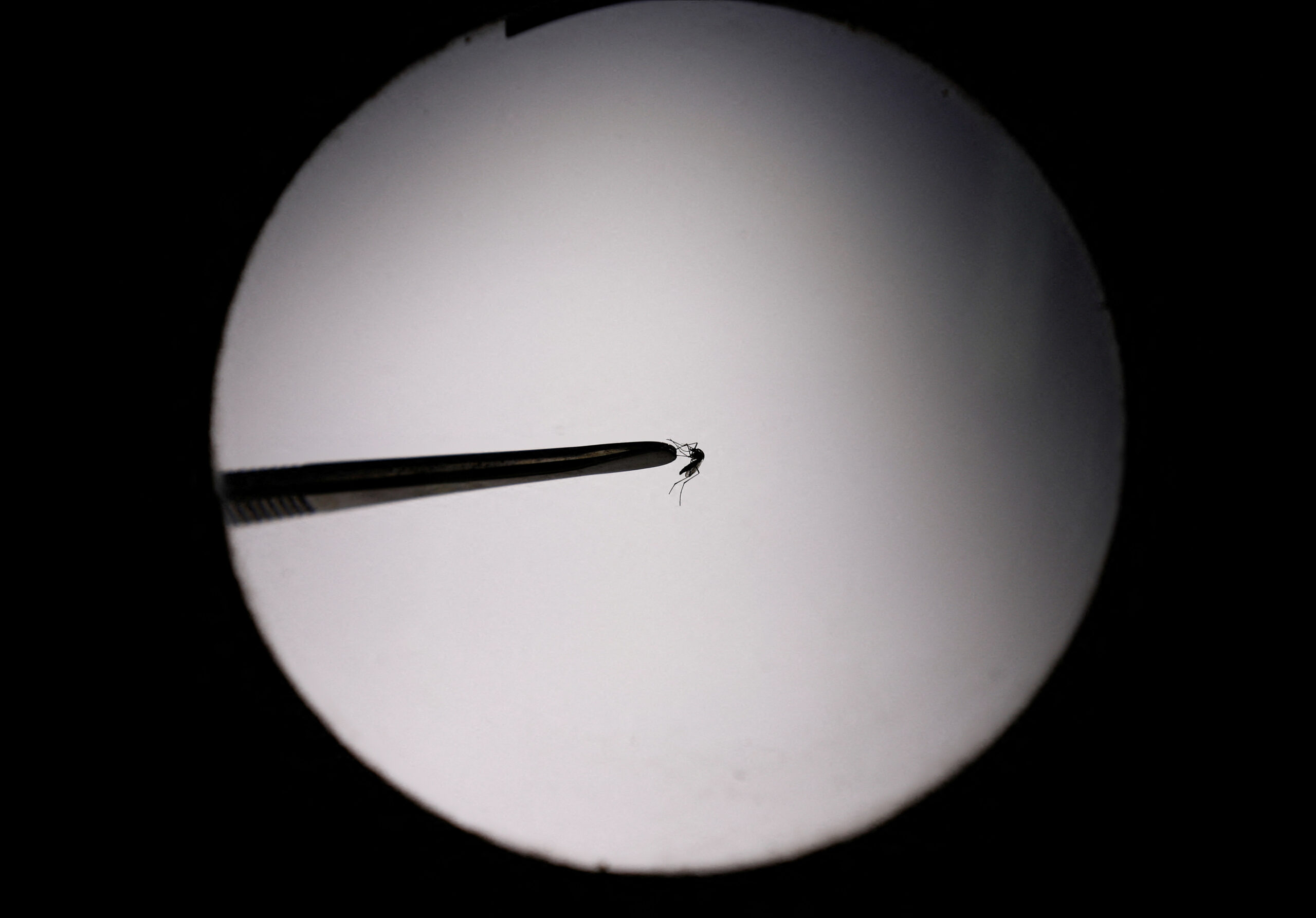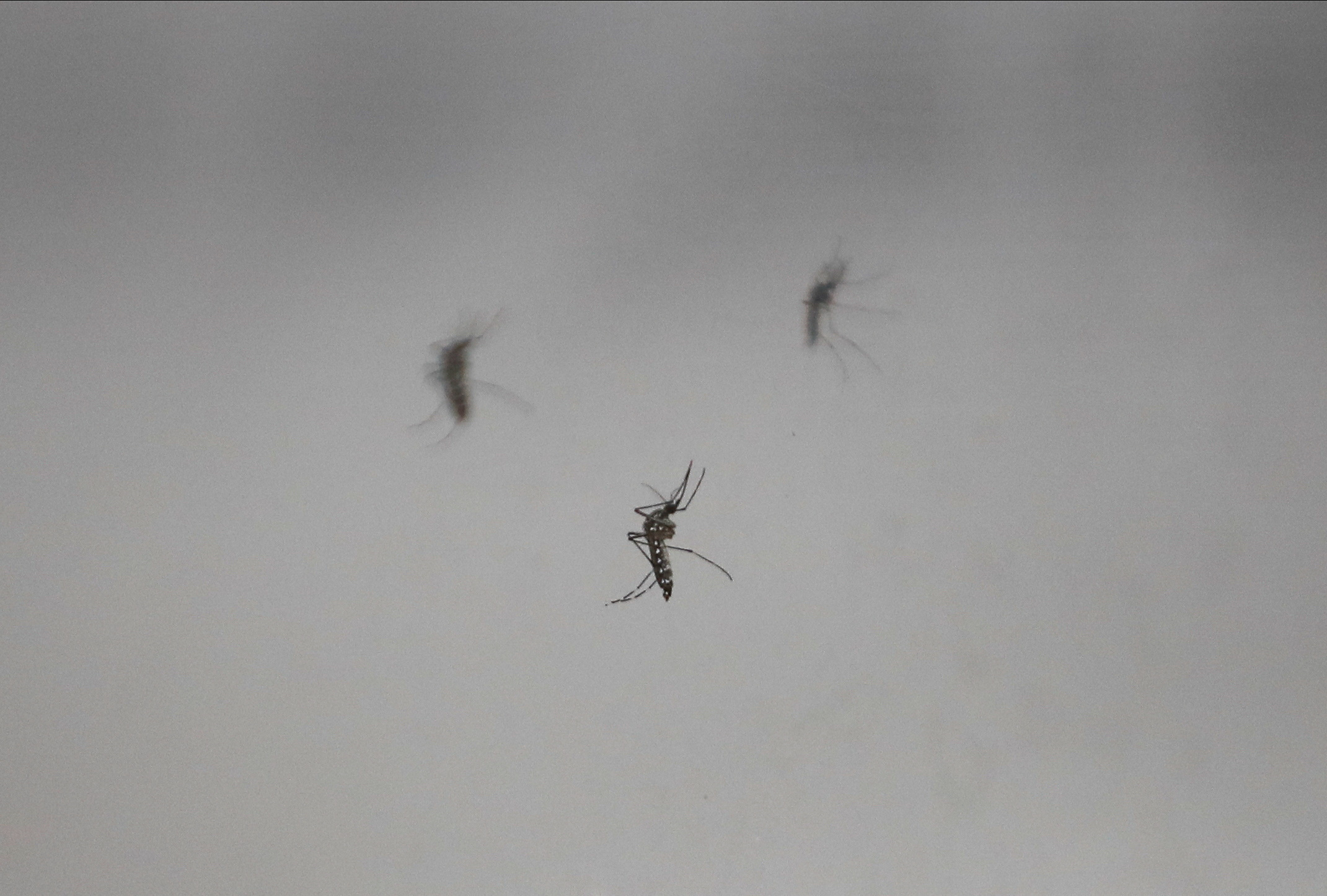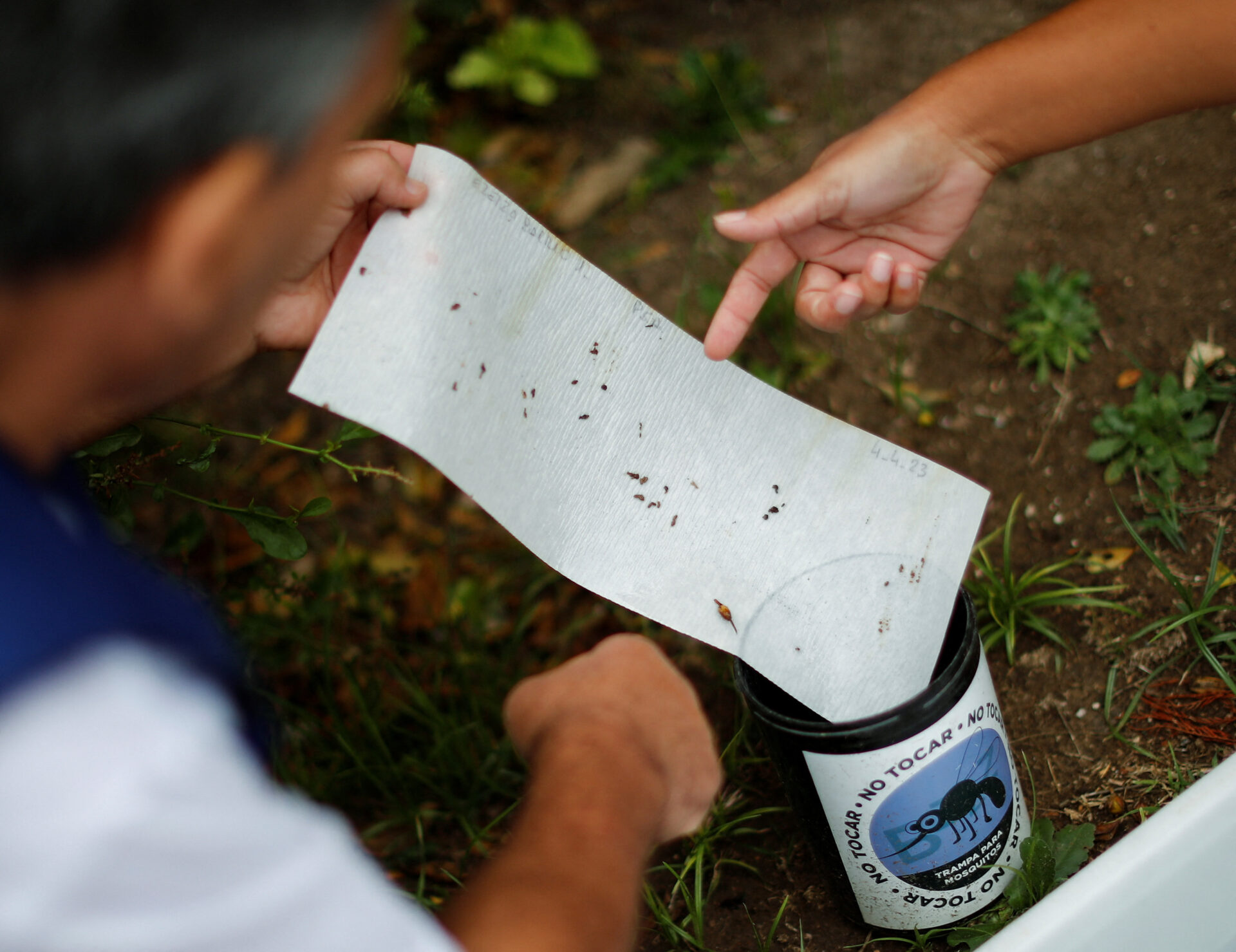By Horacio Soria and Juan Carlos Bustamante
BUENOS AIRES (Reuters) – Argentine, fighting one of its worst outbreaks of dengue in recent years, is sterilizing mosquitoes using radiation that alters their DNA before releasing them into the wild.
The South American country has this year recorded over 41,000 cases of the disease transmitted by mosquitoes, far above the equivalent level in previous years of major outbreaks in 2020 and 2016, government data showed.

Read More: End Malaria Fund donates E370 000 malaria tablets
“This mosquito, due to the rise in temperature in our country and the world… is able to spread more. Their population keeps on moving further south,” said National Atomic Energy Commission (CNEA) biologist Marianela Garcia Alba.
To fight back, CNEA biologists have been experimenting with atomic sterilization since 2016. They are sterilizing 10,000 males per week and aim to increase that to 500,000. They expect to release the first batch of sterilized males in November.
Read More: Eswatini on par with EU countries on free education and healthcare
“They are sterilized through ionizing energy and those sterile males are freed into the fields and when they meet with a wild female, their offspring are not viable,” said Garcia Alba. “This way, by the successive release of such males we’ll be able to reduce the population of the vector mosquito.”

Dengue is transmitted through the bites of Aedes Aegypti mosquitoes. Its symptoms include fever, eye, head, muscle and joint pain, nausea, vomiting and fatigue.
Similar techniques to sterilize pests using the same radiation found in X-rays have been utilised for decades, helping global efforts to control diseases such as chikungunya, dengue and Zika.


